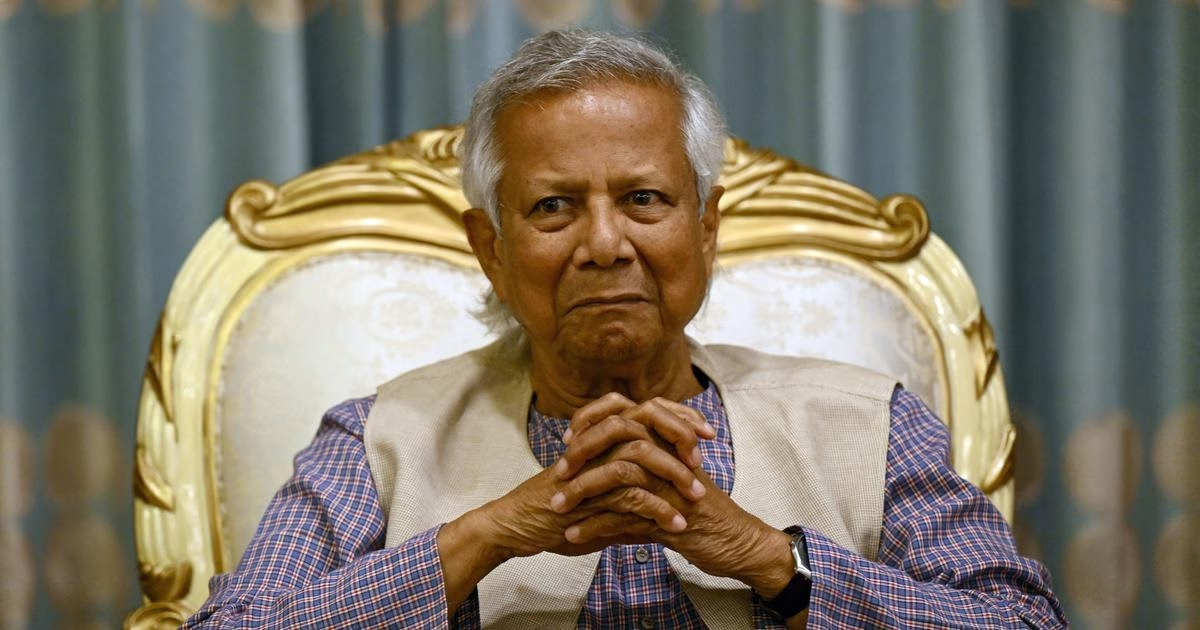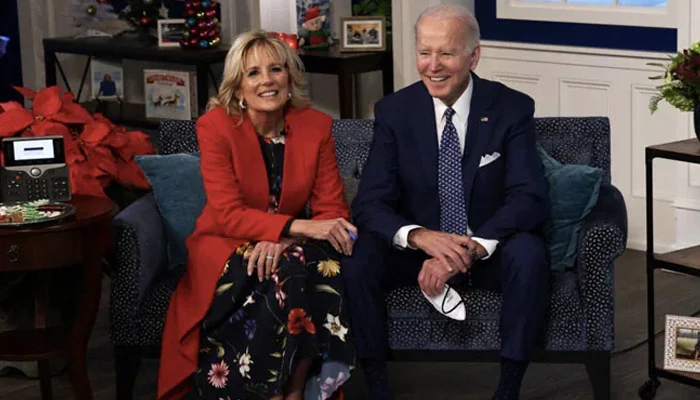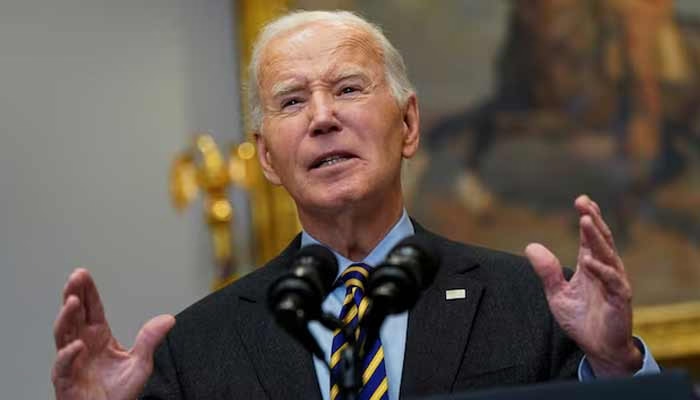Former Indian Prime Minister Manmohan Singh, a towering figure in Indian politics and economics, passed away at the age of 92. Singh, who served as the Prime Minister of India from 2004 to 2014, was a senior Congress leader and an economist credited with steering India towards economic liberalization and growth.
Hospitalization and Health Struggles
According to Indian media reports, Manmohan Singh was admitted to a hospital in New Delhi after his health deteriorated. His condition had been worsening over the past few days, ultimately leading to his demise.
Early Life: From Chakwal to Global Recognition
Manmohan Singh was born in 1932 in a small village in the Chakwal district of present-day Pakistan. His early education took place there, where he studied up to the fourth grade. Following the partition of India in 1947, Singh’s family migrated to India. Despite the challenges of displacement, Singh excelled in academics and pursued higher education at some of the world’s most prestigious institutions.
He earned an MA in Economics and a D. Litt from Cambridge University and Oxford University in the UK. Over the years, Singh was also awarded honorary doctorates by numerous universities worldwide, recognizing his contributions to economics and public policy.
A Trailblazer as India’s First Sikh Prime Minister
Manmohan Singh made history as India’s first Sikh Prime Minister, serving two consecutive terms from 2004 to 2014. Representing the Indian National Congress, Singh led the nation during a critical phase of its development. His tenure was marked by economic reforms, technological advancements, and social welfare initiatives that significantly impacted India’s global standing.
The Architect of Economic Growth
Long before his tenure as Prime Minister, Singh was recognized as the architect of India’s economic liberalization. As the Finance Minister of India in the early 1990s, Singh introduced a series of economic reforms that transformed India’s economy, opening it up to global markets and investment.
These policies spurred rapid growth, turning India into one of the fastest-growing economies in the world. Under his leadership, India transitioned from a struggling, inward-looking economy to a thriving global player.
Achievements During His Prime Ministership
During his time as Prime Minister, Singh prioritized economic stability, technological innovation, and social inclusion. Key highlights of his leadership include:
- Economic Growth: Singh’s policies focused on increasing GDP, reducing poverty, and expanding India’s middle class.
- Nuclear Deal: He was instrumental in finalizing the India-US nuclear deal, a landmark agreement that bolstered India’s energy sector and international relations.
- Technological Advancements: Singh encouraged investments in science and technology, fostering India’s growth as a tech hub.
- Social Welfare Programs: Initiatives like the National Rural Employment Guarantee Act (NREGA) provided employment opportunities and uplifted rural communities.
A Quiet Leader with a Profound Impact
Known for his soft-spoken demeanor and intellectual acumen, Singh was often described as a “reluctant politician” who let his actions speak louder than words. Despite facing criticism and political challenges during his tenure, his contributions to India’s growth and stability remain undeniable.
Personal Life and Legacy
Manmohan Singh’s personal life reflected his humility and dedication to service. He was deeply committed to his work and believed in the power of education and economic policies to transform lives. His leadership style was marked by integrity, perseverance, and a focus on long-term goals rather than short-term gains.
Singh’s legacy is not just political but deeply rooted in economic thought. His reforms laid the foundation for India’s emergence as a global economic powerhouse.
Global and Local Tributes
Tributes poured in from around the world following the news of Singh’s demise. Leaders, economists, and citizens alike remembered him as a visionary leader who reshaped India’s economic landscape.
Indian Prime Minister Narendra Modi, opposition leaders, and international figures expressed their condolences, acknowledging Singh’s pivotal role in shaping modern India.
Manmohan Singh’s Connection to Pakistan
Interestingly, Singh’s early life in Chakwal, now part of Pakistan, remains a significant chapter of his story. In recent years, the village has honored his memory by naming institutions after him, reflecting his enduring connection to the region.
The End of an Era
Manmohan Singh’s passing marks the end of an era in Indian politics. His contributions to India’s growth, both as a Finance Minister and Prime Minister, will be remembered for generations.
As the nation mourns his loss, Singh’s life serves as a testament to the power of education, economic foresight, and leadership rooted in integrity. His journey from a small village in Pakistan to the highest office in India is an inspiring tale of perseverance and vision.



